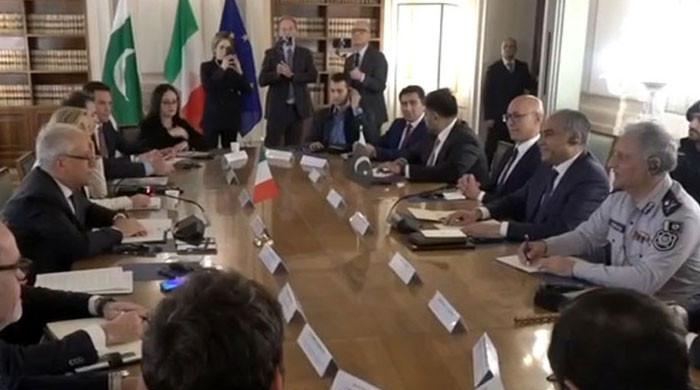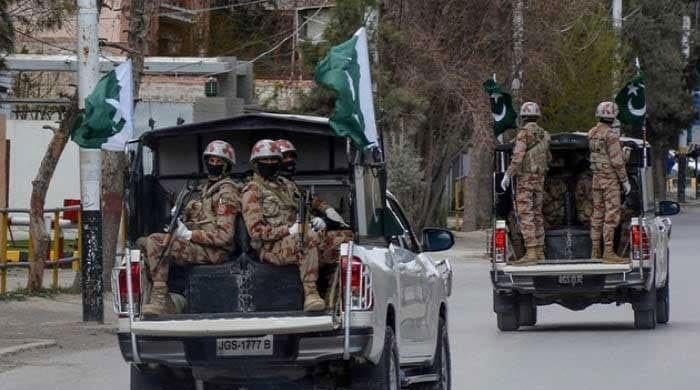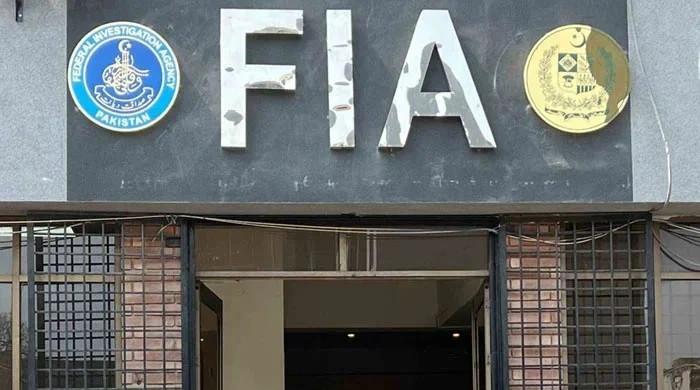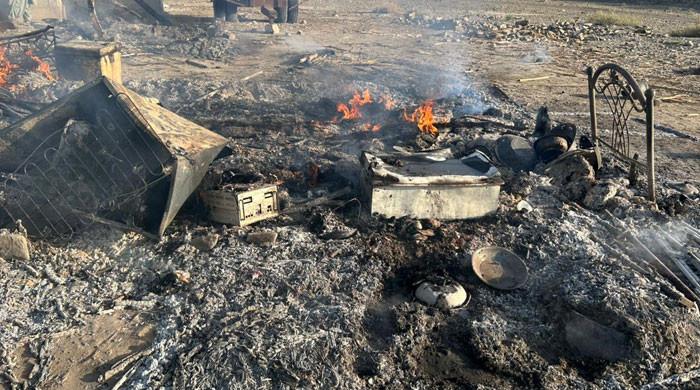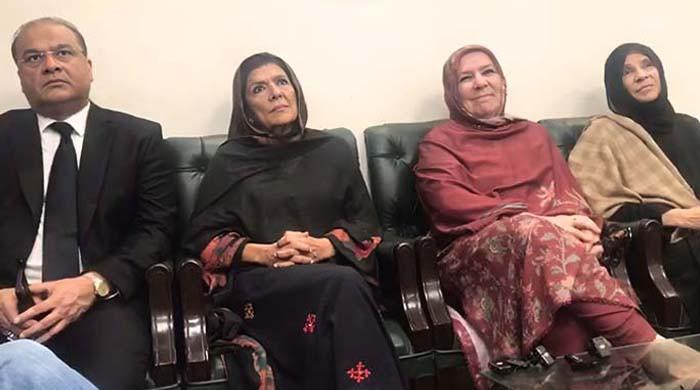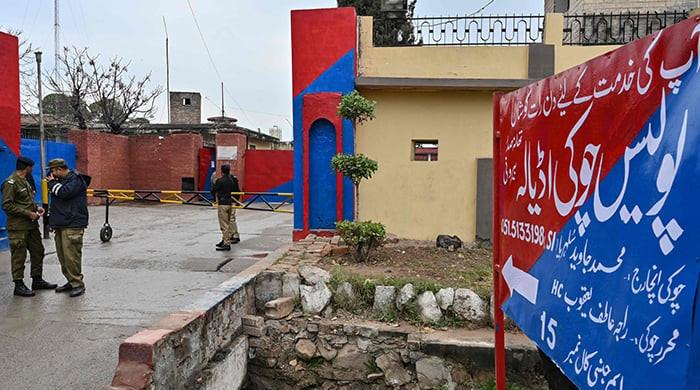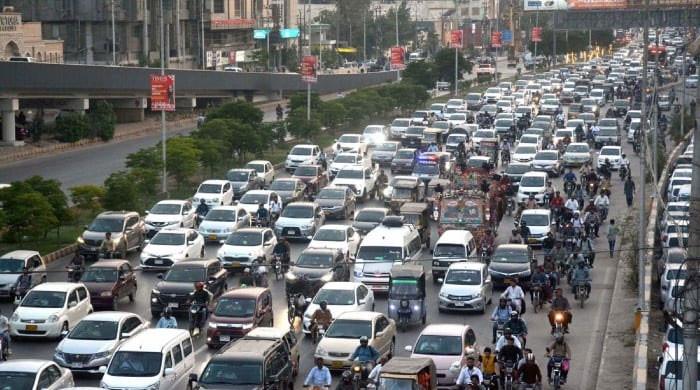Pakistan expresses concern over rise in Islamophobic incidents across India
Islamabad calls upon New Delhi to uphold the rights and safety of all its citizens, regardless of faith
May 31, 2025
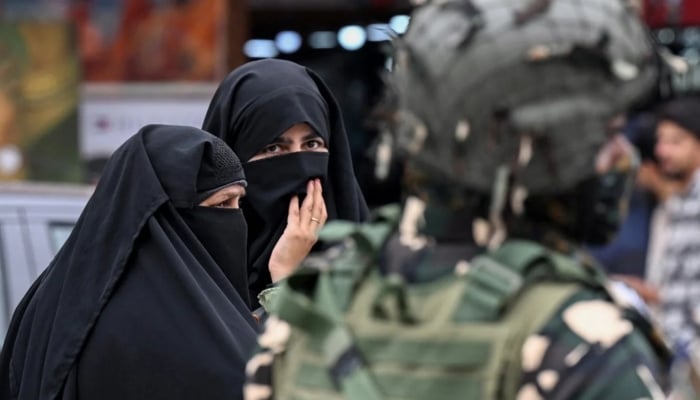
- Targeting of Muslims matter of serious concern, says MoFA spox.
- He says such actions violate international human rights obligations.
- Spokesperson Khan says restraint, reconciliation most needed.
Pakistan expresses grave concern over the alarming rise in Islamophobic incidents across India, Foreign Offier spokesperson Shafqat Ali Khan said on Saturday.
"Pakistan calls upon the Government of India to uphold the rights and safety of all its citizens, regardless of faith," the Ministry of Foreign Affairs (MoFA) spokesperson said in response to media queries about increase in Islamophobic incidents across India.
"The targeting of Muslims through hate speech, discriminatory actions, and state complicity is a matter of serious concern for the international community," the spokesperson said.
In the wake of deadly Pahalgam attack that claimed lives of at least 26 tourists, targeting of minorities Muslims by Hindu extremists has intensified in India.
The attack triggered military confrontation between the two countries. Earlier this month, Pakistan's armed forces launched a large-scale retaliatory military action, named "Operation Bunyan-um-Marsoos", and targeted several Indian military targets across multiple regions.
A slew of anti-Muslim hate incidents have been reported across the neighbouring country in the last one month.
Since the April 22 attack, at least 184 anti-Muslim hate incidents have been recorded countrywide in India, as per Association for Protection of Civil Rights, a New-Delhi-based organisation.
Three murders, assaults, threats, vandalism, verbal abuse, intimidation, harassment, and over half of the crimes allegedly involved hate speech. According to the group, over 100 of the incidents had the Pahalgam attack as a "triggering factor".
It’s India’s Muslim population that pays the heavy price for whatever military engagement takes place between the two neighbouring countries.
Highlighting the hate speech and discriminatory actions against Muslims, spokesperson Khan said at a time when restraint and reconciliation are most needed, the deliberate incitement of religious hatred for political or ideological purposes violates international human rights obligations and vitiates the prospects for communal harmony, and regional stability.
Anti-Muslim hate has surged as a result of India's government accusing Pakistan of aiding cross-border terrorism, without providing evidence supporting its claim. Ultranationalist social media accounts frequently fuel this hate campaign by calling Indian Muslims "infiltrators" or "traitors".
In a statement, the right-wing Hindu nationalist organisation Vishva Hindu Parishad (VHP) called on the government to expel "Pakistani citizens and their sleeper cells".
According to Indian media, VHP leader Surendra Jain stated that it was "clearly visible by this incident that the terrorist definitely has a Mazahab (religion)".
Hatred on the internet has also permeated real life. Since Karachi is the name of a city in Pakistan, some extremists destroyed the 'Karachi Bakery' in India’s Hyderabad, demanding that the bakery alter its name.
A song, targeting Indian Muslims, title 'Pehle Dharam Pocha' (they asked about religion first) has been doing rounds on YouTube since the Pahalgam attack. In this song, Indian Muslims have been blamed for conspiring against Hindus, while demanding them to leave India.




